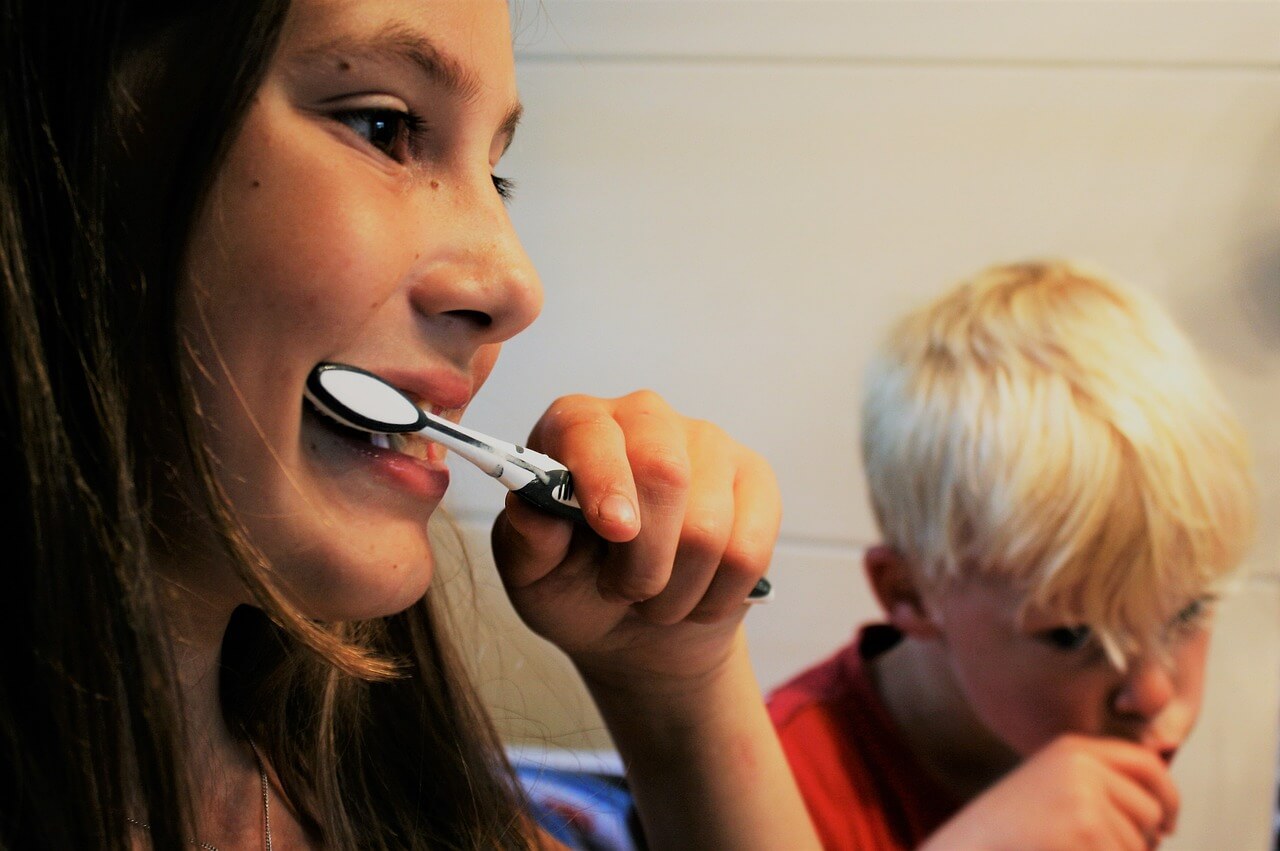Table of Contents
Many people know the basics when it comes to caring for their dental health. For example, people know to brush and floss at least twice a day and to avoid foods that are high in sugar. They also know that they should be visiting the dentist regularly, at least every six months. However, there are many factors that could be negatively impacting your oral and dental health significantly. These factors could unknowingly be causing you to have dental health problems or even oral infections. Here are all the factors you need to improve in order to look after your dental health.
Stress
Many people are aware of the effect that stress has on your overall health, including impacted sleep, stomach issues and mental health. However, stress could also be significantly harming your teeth and gums. Stress can increase your susceptibility to sores and ulcers, and can mean your saliva production decreases. When you don’t produce enough saliva, you are more prone to developing gingivitis and tooth decay. High-stress levels can also result in bruxism, which is the grinding of the teeth. Taking steps to regulate your stress levels could work wonders for your oral health.
Sleep Disorders
Sleep disorders such as sleep apnea can also trigger bruxism, otherwise known as teeth grinding. Teeth grinding can result in significant painful feelings in your jaw, known as temporomandibular disorder. Grinding your teeth can also wear down your teeth, making you more likely to experience tooth decay. In severe cases, bruxism can also mean that your teeth start to crack, meaning you will need an extraction. If you struggle with sleep disorders, make sure you see a doctor or consider wearing a gum guard when you sleep. This could help you mitigate the effects of bruxism on your oral health.
Acid Reflux
Acid reflux is a common problem that negatively impacts many people, especially older people and people who have digestive issues. Gastroesophageal acid reflux disease, sometimes referred to as GERD, happens when stomach acid backs up into the oesophagus and reaches the mouth. This acid can have a really bad effect on your teeth, including erosion, which can result in thin, sharp teeth. This means that your teeth are more likely to fall out and break, which is terrible for your dental health. If you suffer from acid reflux, see your doctor for remedies and medicines which could help you.
Snacking
Many people have to snack so that they can have enough energy to go about their daily tasks. However, snacking can actually be bad for your dental health, especially if you’re eating certain foods. Not many people can be bothered to brush their teeth after they snack, meaning that the snacks sit on your teeth for longer periods of time, meaning that you are more likely to experience tooth decay. Common snacks such as dried fruits, raisins and nuts can make your teeth weaker and contribute to plaque buildup.
Mouth Breathing
Many people breathe through their mouth instead of breathing through their nose, usually due to a form of nasal obstruction. However, while mouth breathing annoys people around you, it can also have a negative effect on your teeth. Mouth breathing can contribute to a dry mouth, and can lead to a decreased level of saliva production. This can result in you developing many oral diseases, such as gingivitis, which can cause severe irritation, redness and inflammation in your gums. It can also cause bad breath, and in severe cases can cause bleeding gums. If you have trouble breathing through your nose, see a doctor to make sure this is corrected.
Medications
Some medications can also cause severe dental health problems. In recent years, there has been a lot of research into the fact that many pharmaceuticals can cause gum inflammation. For many patients, this has caused issues following tooth extractions and other types of routine oral surgery. Make sure that you keep your dentist up-to-date on any medications that your doctor prescribes to you, so they can keep you updated with steps to take to protect your teeth. They can also make sure you are closely monitored if you need to have dental procedures done.
Sinus Issues
Chronic sinus issues can also affect your dental health. Sinus issues can be caused by allergies, including allergic rhinitis, asthma and hayfever. Sinus problems can also be caused by smoking, so if you smoke, take steps to quit now. Problems with your sinuses can manifest in pain at the top of your mouth, and lead to bad breath and dry mouth. If this is a problem for you, you need to make sure your dentist is fully aware, so they can treat you. You may need to have more checkups and cleanings in order to keep your mouth healthy following sinus issues.
Poor Nutrition
Many people are aware that sugary foods can contribute to tooth decay, however not many people know that if you don’t get enough vitamins and good nutrition, this can also impact your dental health. Dental researchers who specialize in dental implants in Solihull have found there is a direct link between getting enough vitamins and nutrients and having healthy, strong teeth. Always speak to your doctor if you suspect you have nutritional deficiencies – they may be able to help you with vitamin recommendations to improve your nutrient intake.
You may not have considered how all these factors may be impacting your dental health before – if you’re struggling with your oral health, you should look into how these things could be impacting you. Always see your dentist before trying something new when it comes to your oral health.





More Stories
Punching Through History: A Spotlight on Boxing Culture in England’s Reading
The Link Between Vitamin E Intake and Parkinson’s Disease
Tips and Techniques for Moving Past Binge Drinking